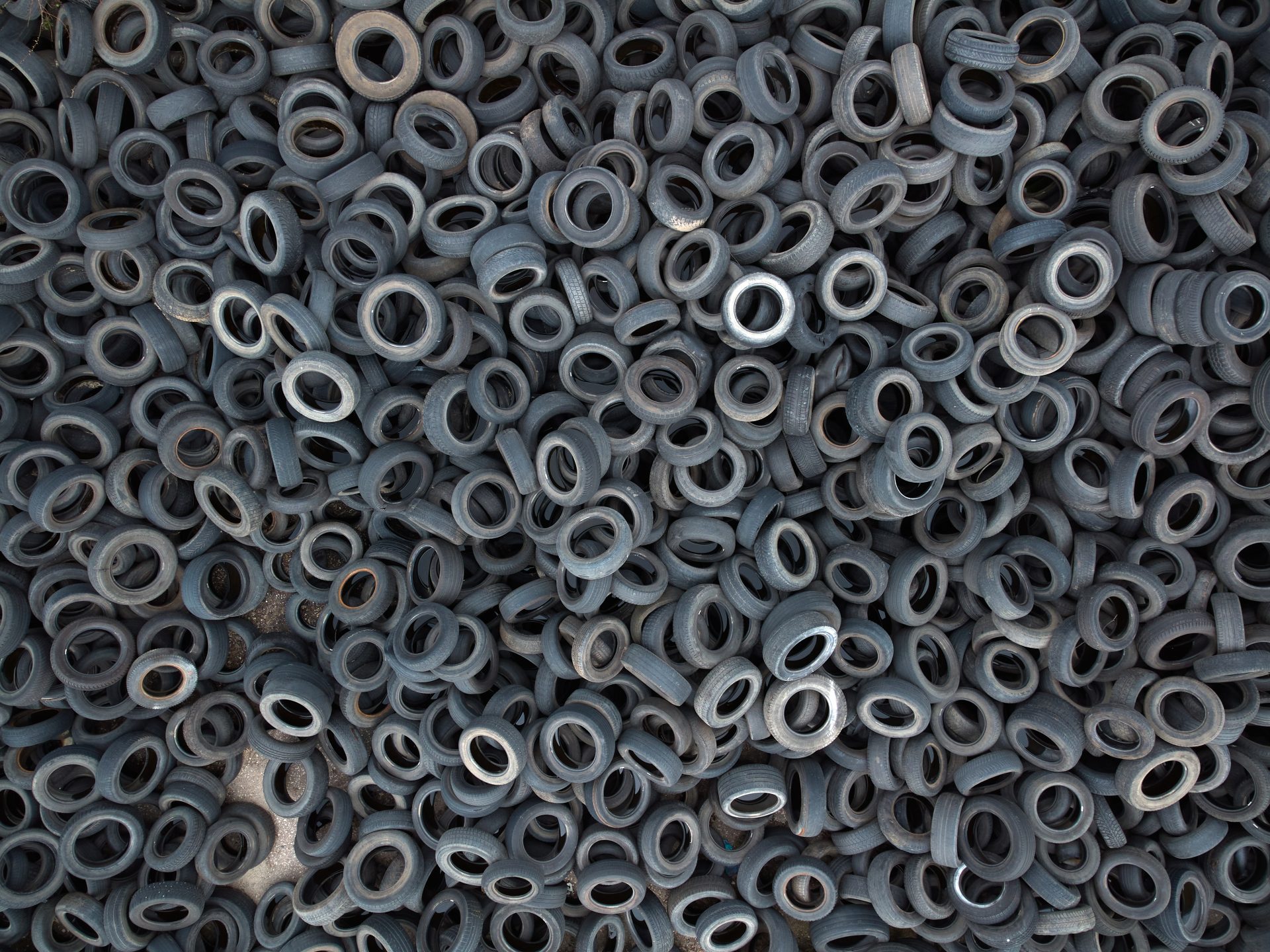According to Estonian news sources, Ragn Sells is set to establish a tyre recycling plant in the country, probably Lääne-Viru County
Oil from the pyrolysis process could be used at the local Enefit Power plant instead of shale-oil
This development would help address an ongoing issue of a tyre dump at Tartu.
In the meantime, Estonian news tells that the tyre importers has established a new EPR scheme to run in parallel to the established Rehyiringlus EPR operation, which the industry is alleged to claim to be ineffective.
Veljo Aleksandrov, project director at state-owned generator Eesti Energia, said that Enefit Power, an Eesti Energia subsidiary, is gradually transitioning away from the oil shale sector to the chemicals sector as a source of fuel, which means more discarded tyres, plastic and other refuse will be used as a raw material.
Around half of the input from discarded tyres which are used by Enefit Power should originate from Ragn-Sells, with the remaining half coming from abroad.
The Ragn-Sells tyre shredding facility should be up and running in early 2024. Rainer Pesti, Ragn-Sells business development manager, said that the tyre shredding facility could be located in Lääne-Viru County, for example, at the Lepna recycling center.
“The facility will cost nearly two million euros to set up”, Pesti added.
Estonian Tyre Recycling, a non-profit organization, founded by three major tire importers, Tirestar, Rehvid Pluss and Baltyre, will be responsible for getting the discarded tyres to the new Ragn-Sells plant, when it is up and running.
Tyre makers or importers will pay that organisation a fee to collect their discards. Estonian Tyre Recycling will compete with the existing service provider MTÜ Rehviringlus, which up to now had had a monopoly in the sector.
Estonian Tyre Recycling board member Marek Moorus, who is also a co-owner of Tirestar, said that Rehviringlus’ activities had been too closed and opaque.
Einar Teesalu, board member at Rehviringlus, rejected Moorus’ claims that the company’s operations were closed or opaque, adding that the organisation has always been ready to answer the requests from importers.
In contravention of the landfill ban, The practice has been continued in Estonia.
Reet Siilaberg, head of the Circular Economy Department at the Environmental Board (Keskonnaamet), said that burying the tyres underground is still more environmentally friendly than Ragn-Sells and Enefit Power’s plan.
“Pyrolysis involves burning the tyres at temperatures of nearly 500C, which both uses energy and pollutes; shredding also uses up more energy than burying”, Siilaberg said. In a clear example of misunderstanding how tyre pyrolysis works.
“Ultimately the most environmentally-friendly way to recycle tyres is to retread them and reuse them on a vehicle, “he added. Leaving the market with the only slightly delayed issue of what to do with the eventual end of life tyres.
Source: ERR




















